The automotive industry is currently navigating through an intriguing phase characterized by a market compression where sellers' expectations are misaligned with the depreciating nature of vehicles. This scenario presents unique challenges and opportunities for dealers, especially those buying cars from private party sellers.
Insights Into Local Markets
A recent visit to a dealership on the West Coast provided profound insights into the local market's dynamics. The dealership's buy center director, Darrell Steed, highlighted the primary challenge: sellers demanding unrealistically high vehicle prices, oblivious to the market's adjustments. This compression cycle is experienced by sellers and private buyers, who find it increasingly challenging to store challengingancing, leading to a stalemate that frustrates both parties.
However, this situation presents a golden opportunity for proactive dealers. Being the first to reach out and the last to remain in negotiation with private sellers can be advantageous. Typically, about two weeks from the initial contact, sellers realize the hassles of private sales — arranging meetings, dealing with financing issues, and the overall uncertainty — and turn to dealerships as a hassle-free alternative. The promise of a quick, reliable transaction becomes appealing, emphasizing the value of convenience and efficiency in the selling process.
Critical Factors Influencing Sellers
Moreover, the competitive landscape with entities like CarMax and Carvana vying for identical vehicles underscores the importance of offering more than a fair price. The ease of transaction, the time it takes to complete the sale, payment immediacy, and the dealership's reputation are all critical factors that influence a seller's decision. Dealers need to communicate these additional values, which go beyond price, to potential sellers.
While the current market compression phase poses challenges, it also offers dealers a chance to differentiate themselves by focusing on convenience, trustworthiness, and efficiency. Understanding and addressing sellers' needs beyond their price expectations can help dealers navigate this phase successfully and emerge as preferred options for vehicle sellers.
As we continue to witness this market compression, the ability of dealers to adapt and offer comprehensive, convenient solutions to sellers will be paramount. By focusing on the overall value proposition, dealers can effectively engage with sellers and capitalize on the opportunities presented by the current market dynamics.





